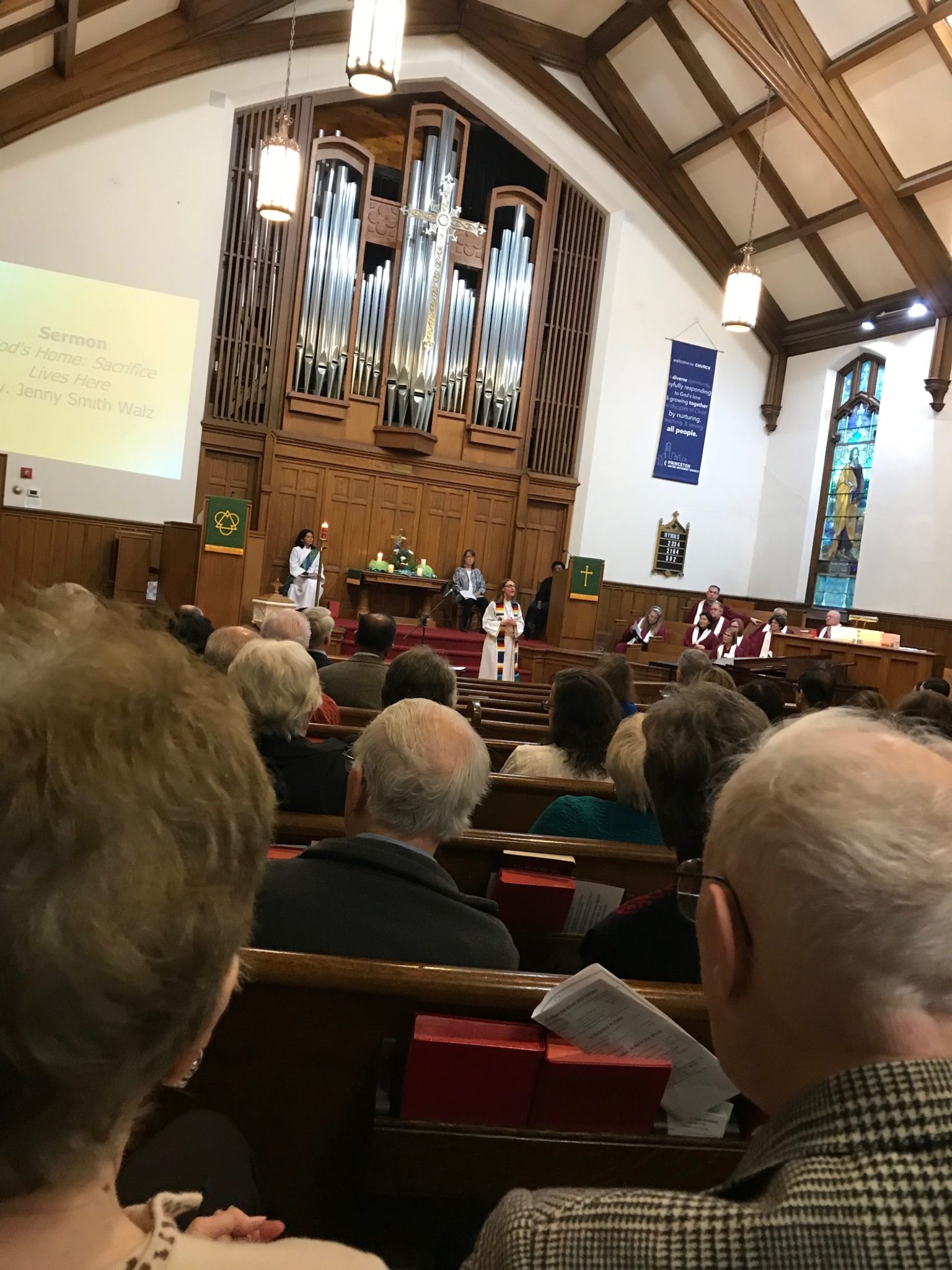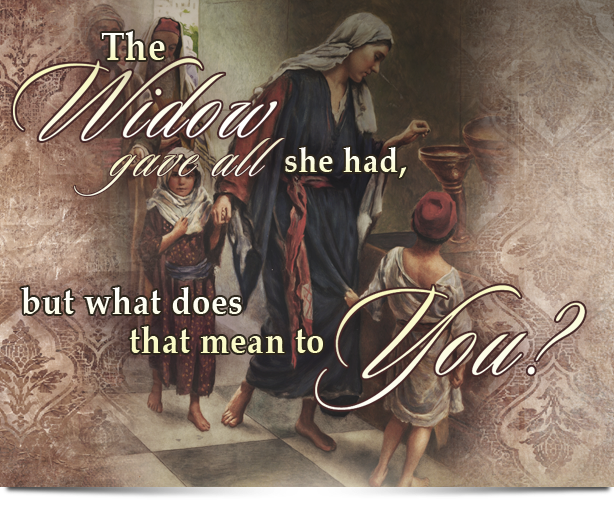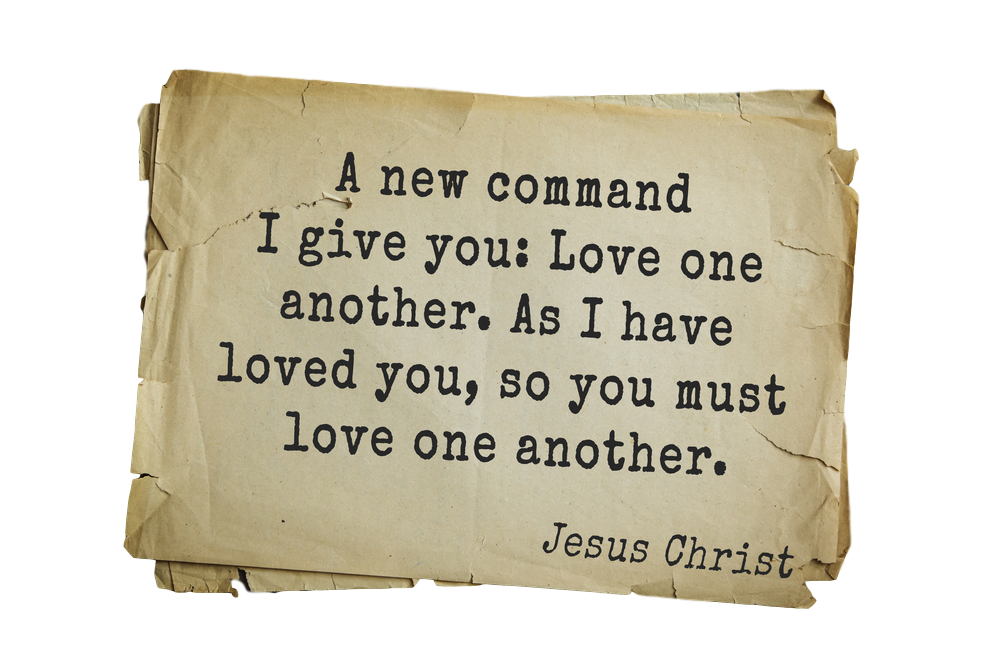On Christ the King/Reign of Christ Sunday,  November 25, 2018, Rev. Jenny Smith Walz preached a sermon titled “Freedom Lives Here” from the series ‘God’s Home’. Her text from Psalm 132:1-12 and John 18:33-37.
November 25, 2018, Rev. Jenny Smith Walz preached a sermon titled “Freedom Lives Here” from the series ‘God’s Home’. Her text from Psalm 132:1-12 and John 18:33-37.
To hear the sermon live, go to the Princeton United Methodist Church Facebook page
Also the sermon will be podcast soon on this webpage under the category “worship”.
Sermon sentence:
In a world of competing Kingdoms, it’s only in the Kin-dom of God that we truly find freedom from fear, insecurity, violence, stress, addiction, -isms, and more.
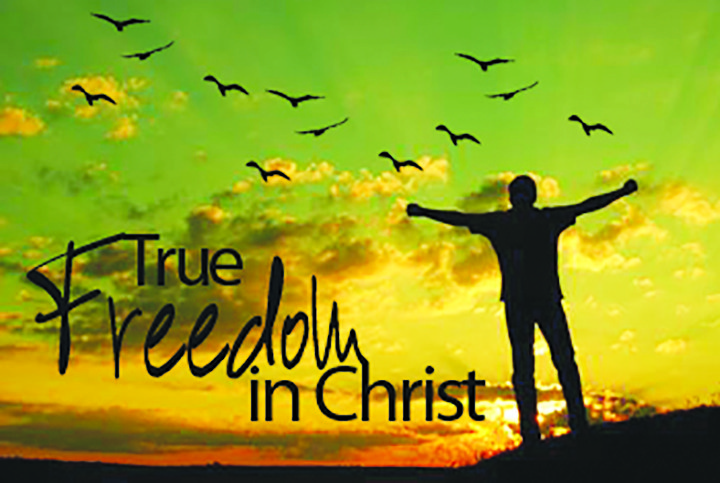
A number of years ago – in Washington, D.C., at some building on Capitol Hill, with a bunch of other young UM pastors. One of our Senators had agreed to come talk with us. Program of the General Board of Church and Society. Anti-gambling bill. But few of us wanted to talk about gambling. We wanted to talk about immigration, for this senator was one from AZ and had been doing a lot around immigration enforcement in ways that challenged many of us and our understanding of how God works in the world and what God’s people are called to do. So people started asking him questions. At one point he said to us “you’ll need to take off your clergy hats and put on your US citizen hats.” As if that were possible. You could feel the shifting in the room, the anger rising, At that moment it was clearer than it had ever been: I was in the middle of clashing kingdoms. And it wasn’t just in that moment that this was true, but that moment exposed this reality in my life in a stark and powerful way.
Perhaps you’ve experienced this too, when some situation has asked you to decide which hat you are putting on – your Christian hat or some other hat. Maybe it was a choice between your
- Christian / work hats.
- Christian/ socially acceptable hats
- Christian/ family hats
- Christian/ economist / political / business hats
- Christian / don’t make it hard and complicated hat
Problem 1: perhaps you’ve felt it, our Christian hats aren’t meant to be slipped on and off so easily. We are asked to clothe ourselves with Christ, to put on the whole armor of Christ. Not just wear a hat.
Problem 2: you’ve no doubt felt – our Christian hats (practices, world views, relationships, ways of being, understandings) sometimes clash quite loudly with the other hats we are asked to wear in our world.
Our experiences of these clashing kingdoms are but echoes of this episode between Jesus and Pilate. Very end of Jesus life. After last supper, Garden of Gethsemane, and his arrest. He’s already been through a couple of pseudo trials, and now he’s with Pilate – the Roman official in Jerusalem whose main job is to keep everything calm, to make sure there are no revolts or revolutions. The religious officials have brought Jesus to Pilate as the last step toward crucifixion.
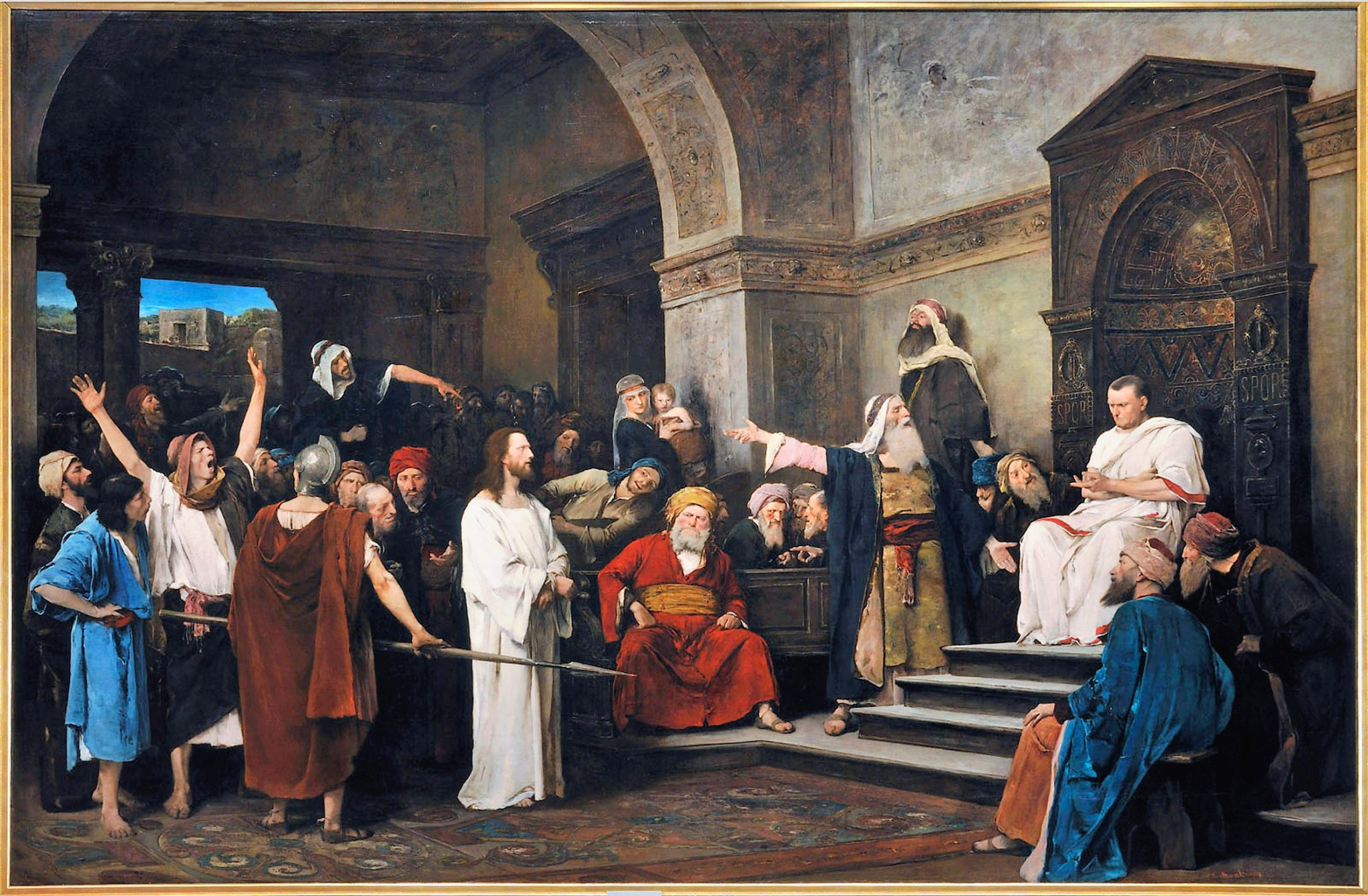
Picture the scene – the Patio where the religious official are and the headquarters where Jesus is. In the fuller passage, Pilate goes back and forth 7 times. He is also in the middle of clashing kingdoms. Not just two, but three, and he’s at the top level of one of them. He knows what’s right, that Jesus doesn’t deserve death. But he also knows what’s easy and expedient. He may not have known completely what truth is, but he knew enough to know that the kingdoms were clashing. Not unlike the senator I mentioned before. He couldn’t have asked us to take off our clergy hats if he didn’t know there was dissonance between the kingdom we were operating from and the one he was operating from.
Pilate chose easy, and we can understand. It’s not easy to choose right because:
- clearly defined rules, regulations, expectations and knowns are easier than ambiguity and unknowns.
- It’s simpler, less challenging, less risky
- basic self-preservation
- When you stand up to privilege, to systems that rely on sexism, racism, homophobia, xenophobia, classism, ableism, institutions that survive and thrive on fear, we will get shut up, silenced, discredited, disregarded. We might well end up like Christ.
- it’s hard enough just to get by.
Yet in God’s Kin-dom Freedom lives here.
● Jesus in this moment with Pilate is completely free. And his freedom was contagious. He was constantly setting people free – from fear, from isolation, from oppression, from physical ailments, from demons, from sin.
● Paul was more free in prison than he ever was in his role as persecutor and power wielder
● Me with the senator – after that session with the large group of clergy, I had a small group audience with him because he happened to be one of my state senators. I had been struggling with what to ask him. On one hand I was terrified – what would I say? This was the most powerful person I’d ever sat and talked with. I wanted to make a good impression. I wanted to make a difference. I wanted to be significant. At the same time, my realization about the clashing kingdoms helped me. It emboldened me, and freed me to be in Christ’s kin-dom and ask questions from that realm, including telling him I can’t take my clergy hat off as he’d asked me to do.
● Disciples – freed from fear, free for leadership, for celebration, for sharing the good news of Jesus.
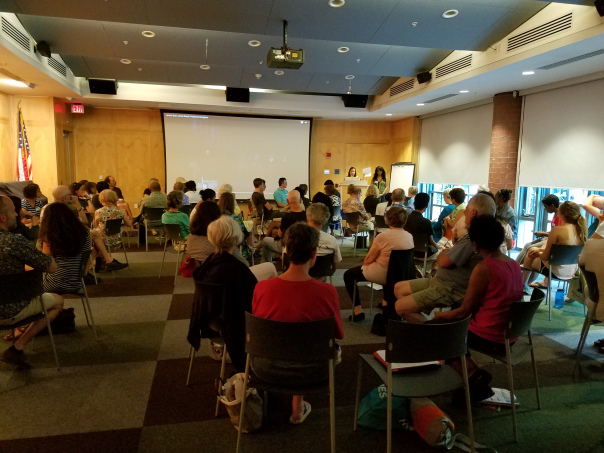
From what do you need to be freed? What is holding you captive?
- believing we aren’t enough
- fear
- compulsion
- frenzy
- stress
- insecurity
- empire
- consumerism
- acquiescence
- individualism
- injustice
- oppression
- the abuses of privilege and power
- sexism, racism, homophobia, xenophobia, classism, ableism
- Advertisements
- addiction
- stigma
- past
- shame
- bitterness
- sin
- death
What do you need to be freed for?
- peace
- joy
- contentment
- belonging
- connection
- enough-ness
- meaning
- worth
- love
- celebration
- gratitude
- to confront
- speak truth
In a bit will we sing “I love Thy Kingdom Lord“, say “Thy Kingdom Come” in the Lord’s Prayer, speak words about God’s Kingdom in our creed. As we say this, may we pray that the kin-dom will also come to us, that we may participate in it, be part of it. God’s Kin-dom is coming, with or without us, but may we be part of it, may we long for it, and know the love, sacrifice, strength, and freedom that can only come in the Kin-dom!
Amen.



 November 25, 2018, Rev. Jenny Smith Walz preached a sermon titled “Freedom Lives Here” from the series ‘God’s Home’. Her text from
November 25, 2018, Rev. Jenny Smith Walz preached a sermon titled “Freedom Lives Here” from the series ‘God’s Home’. Her text from 


